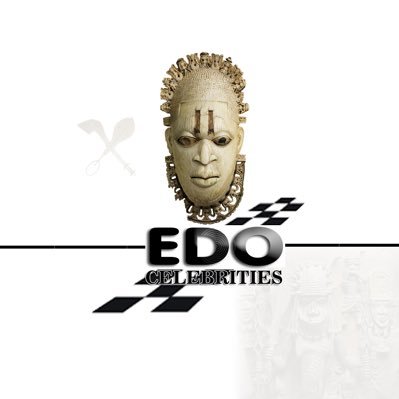The Edo people of Nigeria, centered around the ancient Benin Kingdom, have a rich cultural heritage renowned for its music, art, and storytelling. Edo musicians have historically played pivotal roles in preserving traditions, sharing wisdom, and uplifting communities through their craft. Here, we celebrate five of the greatest Edo musicians in history, who have left indelible marks on Nigerian music and beyond.
1. Victor Uwaifo (1941–2021)
Victor Uwaifo stands as a towering figure in Edo music and Nigerian culture. Known as the “Guitar Boy,” Uwaifo was a master guitarist, composer, and multi-instrumentalist. His unique style blended traditional Edo sounds with modern highlife and pop influences.
One of his most iconic songs, “Joromi”, earned international acclaim and made him the first African to win a gold disc. Uwaifo was also deeply connected to his Edo roots, often drawing on folklore and Benin history in his music. His creativity extended beyond music; he was a sculptor, lecturer, and cultural ambassador who showcased Edo heritage on global stages.
2. Sir (Chief) Sonny Okosun (1947–2008)
Sonny Okosun, an Edo native, was a revolutionary artist who transcended genres to address social and political issues. While his music was often categorized as Afrobeat, highlife, or reggae, his Edo roots shone through in his rhythms and melodies.
Okosun’s hit songs, such as “Which Way Nigeria” and “Fire in Soweto”, became anthems of hope and resistance during periods of political and social turmoil in Africa. His ability to seamlessly blend traditional Edo elements with contemporary styles made him a trailblazer and a voice for change in Africa and beyond.
3. Osayomore Joseph (b. 1952)
Osayomore Joseph is a celebrated highlife artist and social commentator. Known as the “Fela of Edo,” he combined traditional Edo music with contemporary sounds to create thought-provoking songs that critiqued societal issues.
Osayomore’s music often delves into Edo folklore, history, and the struggles of the common people. Tracks like “Baba Na Wa” and “Efewedo” reflect his deep commitment to cultural preservation and activism. Despite challenges, including imprisonment for his outspoken lyrics, Osayomore remains a cherished icon in Edo and Nigerian music.
4. Lancelot Oduwa Imasuen (b. 1971) (Honorable Mention for Contributions to Edo Musical Films)
While primarily known as a filmmaker, Lancelot Oduwa Imasuen has significantly influenced the Edo music scene by promoting local artists and integrating Edo music into his films. His dedication to showcasing Edo culture has helped musicians gain visibility and inspired a new generation to embrace their roots. His works often feature traditional Edo music, proving his commitment to preserving the Edo artistic legacy.
5. Ambrose Campbell (1919–2006)
Though not always celebrated within the Edo context, Ambrose Campbell deserves recognition as one of Nigeria’s pioneering musicians on the global stage. Born in Lagos to Edo parents, Campbell is often credited with introducing African music to the United Kingdom in the mid-20th century.
His band, the West African Rhythm Brothers, blended traditional Edo rhythms with highlife and jazz, captivating audiences across Europe. Campbell’s trailblazing work laid the groundwork for subsequent generations of Edo and Nigerian musicians to achieve international success.
The Legacy of Edo Music
Edo musicians have made monumental contributions to Nigerian and African music, blending tradition with innovation. Their music not only entertains but also educates, inspires, and connects people to their cultural roots. As we honor these greats, we celebrate the enduring power of Edo music as a vital part of global heritage.

Leave a Reply